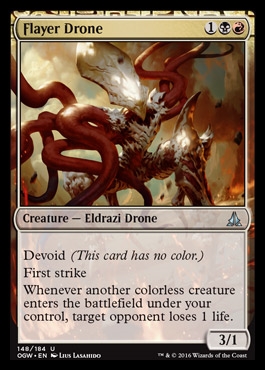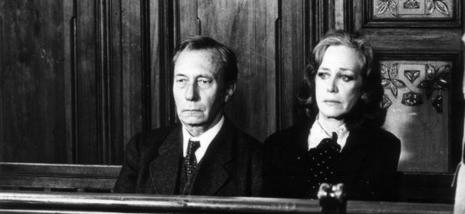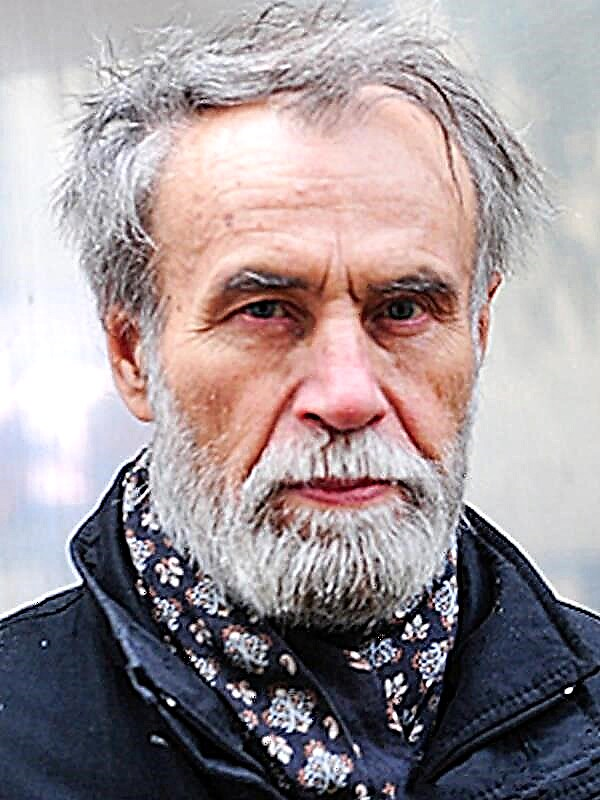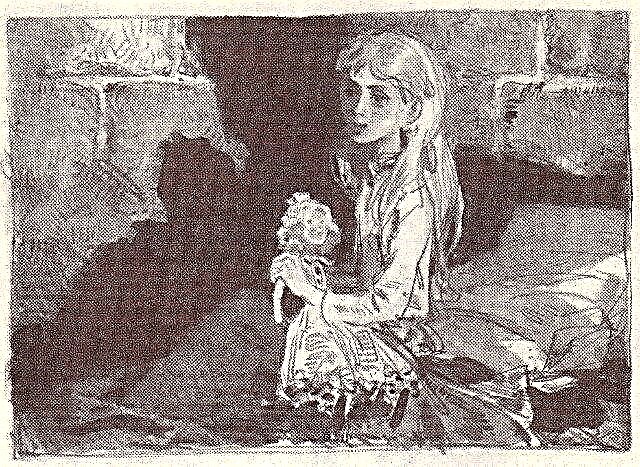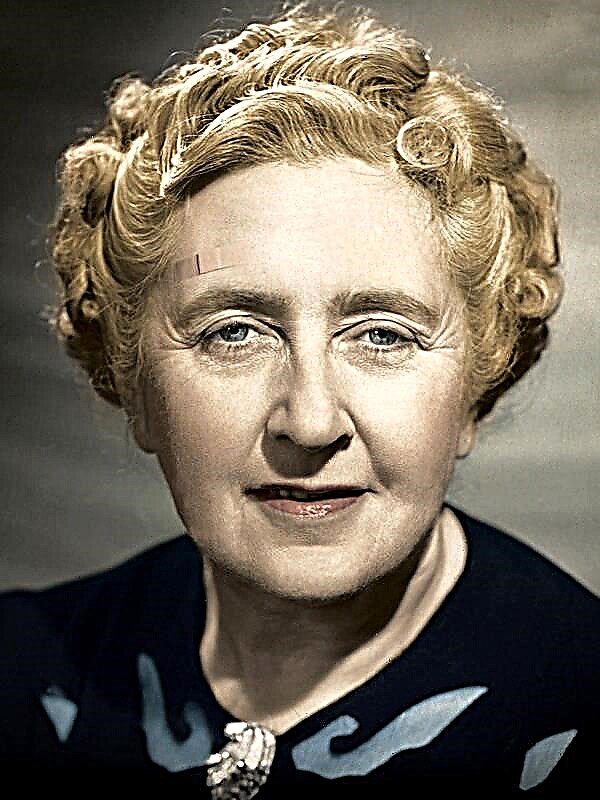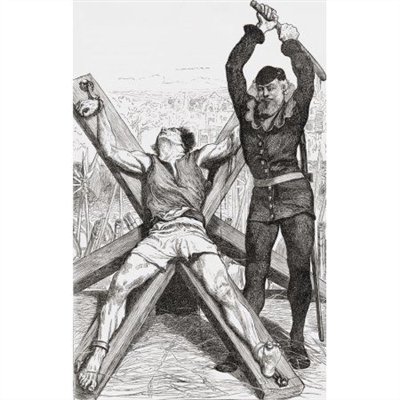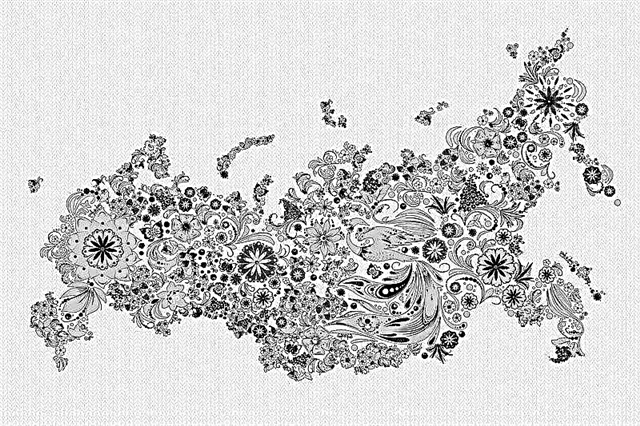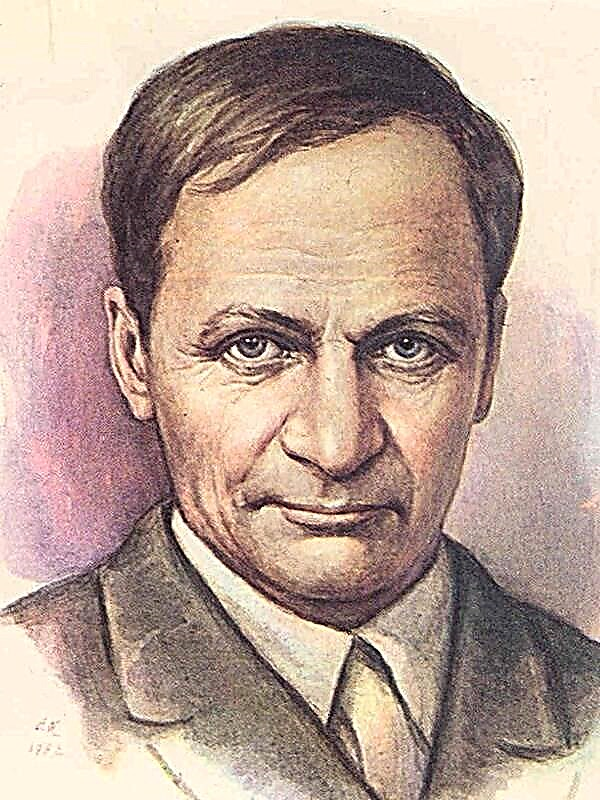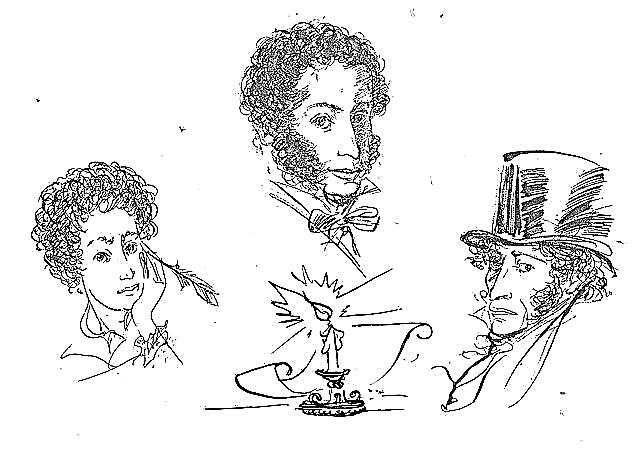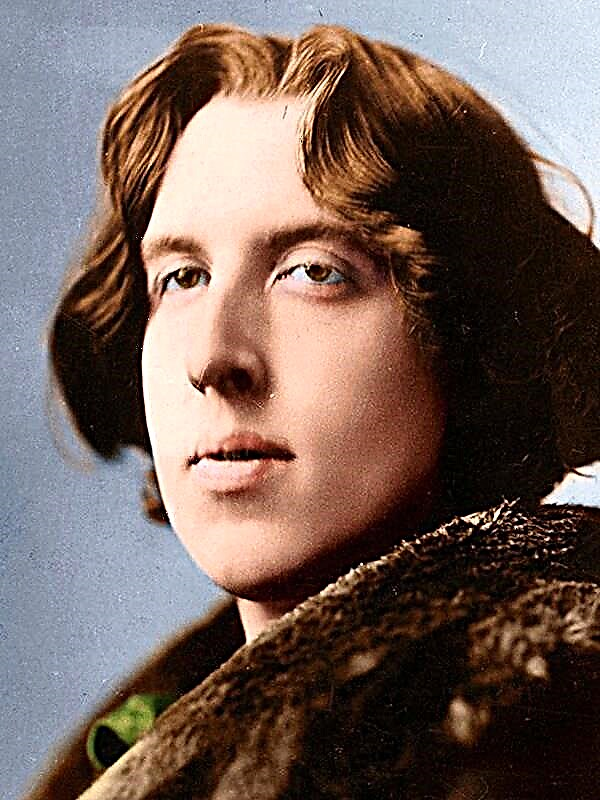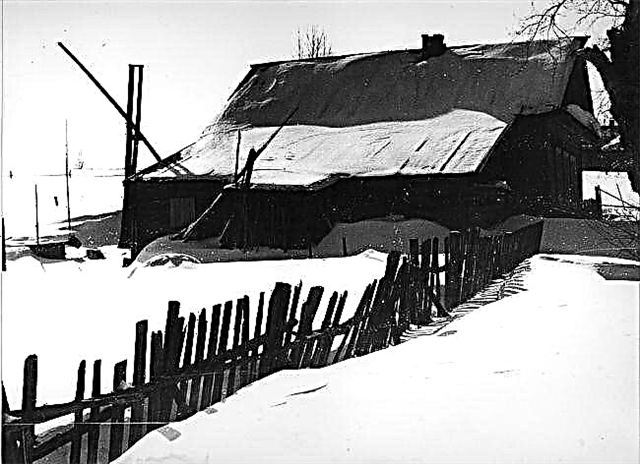(367 words) We all heard about the expression “lost generation” that appeared in America in the 1920s. In Russia there was a similar phenomenon back in the 19th century. There were people who had prosperity, who did not need anything, and who had no goals in life. They spent their time on entertainment, while not finding the point and constantly bored. This phenomenon is called "Russian blues," and it has been described by many famous writers. The classic work in this direction is The Hero of Our Time by Mikhail Yurievich Lermontov.
The ironic name suggests that the protagonist is not an outstanding personality, on the contrary - he is a typical representative of his time. Grigory Aleksandrovich Pechorin is educated and smart, but at the same time he feels that he is wasting his time. The hero is constantly in search of himself, he quickly gets carried away with something and just as quickly cools down to it. Gregory is unhappy, as if he feels a certain higher power of fate that controls him. This is vividly confirmed in the final chapter of The Fatalist, where the main theme of the story is the predetermination of human destiny.
Pechorin understands people very subtly. He uses it for his own purposes, for entertainment and manipulation. But, in the end, he suffers from this. The reader sees that the hero is capable of experiencing true love. But when Gregory realizes this, it becomes too late. On mineral waters, he meets Vera, a girl who has been in love with him for a long time and has also suffered morally because of this. She knows Pechorin for a very long time and sees through him. At heart, she gives him one last chance to become happy. But, at that moment when the hero understands that Vera is the only woman with whom he could spend his life, she leaves.
The moment when Gregory sets off in pursuit of the carriage of his beloved, becomes a landmark for the figure of the hero. He gives up. He is afraid that, having caught up with Vera, he will still remain unhappy and thereby destroy her fate.
Despite the fact that the main character seems to those who destroy human lives, he still remains attractive to the reader. In Pechorin, as if two people live. One commits selfish acts, and the other condemns him for this. Gregory is trying to understand himself, realizing his dual nature and feeling enormous loneliness among the crowd. But at the same time, the hero is unable to change, and in these vices he blames society more than himself.

